I always liked school. I mainly liked school because I had the skills to stay organized and as long as I had my Trapper Keeper and a colorful array of gel pens, I felt in control. From a young age, I wanted to be a teacher. My mom was an English professor and later a school administrator, and I would occasionally go with her to work on teacher workdays. I would sit on the floor coloring while she taught college English classes. I remember thinking that sitting around talking about stories looked like fun to me. I liked stories. Judy Blume and The Babysitters Club were my favorites.
I lost a love of reading somewhere in middle school and didn’t get it back until my junior year of high school. I think this happened because I started getting asked to read things I wasn’t interested in and I also started realizing that I couldn't read as fast as my classmates.
Let me back up…
The first thing you should know is that I was four years old when I started Kindergarten. I have a September birthday and the age cut-off for local public schools at the time was September 30th. I was always smaller than my peers, which was socially okay because I was a girl, but I got noticed as “smart” because I guess my age surprised people. As I got older, my age kept surprising people. I was 13 when I started high school, 17 when I started college, and 21 at graduation. I was 26 when I completed my Ph.D. and repeatedly got stopped for my hall pass when working as a School Psychologist in a high school that first year of my career.
At this point, I can’t imagine my story being any other way, but I do think being young impacted me. I think it made me feel that I always had something to prove. And while some saw me as “smart,” there were parts of school that were hard for me. I didn’t understand much of Chemistry and Physics and I somehow figured out a way of graduating without taking pre-Calculus. I learned to lean into my strengths, which were following the rules, staying organized, and getting really good at being a student, otherwise known as “being compliant.”
But, what I know now that I didn’t know back then is that I was experiencing more anxiety than my classmates. Over time my organization and compliance turned into perfectionism so I could avoid feeling wrong about anything. I remember feeling socially anxious for the first time in second grade when I was too scared to be wrong in front of the class. It was hard for me to understand how everyone appeared to be just fine raising their hand and talking like it was no big deal.
I started to fake being engrossed in my notes in certain subjects, avoiding eye contact, because I didn't want to get called on. That only sometimes worked.
In third grade, I tried looking at my neighbor’s paper on a spelling test and was quickly reprimanded by the teacher. One comment was all it took for my anxiety to spike and I never did that again. In fourth grade, I will never forget losing the class spelling bee on a really easy word because my mind went blank. I didn’t know then that that’s what anxiety does. It hijacks your smarts.
I Preferred Singing to Talking
Full access to my personal essays is for paid subscribers only. It's important for us to share our stories and in these essays you will learn more about me, why I do this work, and what topics are important for me to shine a light on as we learn and grow together. I hope that sharing more of my story helps someone feel less alone. More on how school shaped me below..
I’m not sure when I figured out I could sing, but by fourth grade, I knew. That fall, there was an open audition for being in the children’s chorus of a local production of Hansel and Gretel. All we had to do was sing a song for our music teacher. Anyone could do it. I wanted to, but I couldn’t bring myself to sign up. On the final day of auditions, which were for anyone who had been absent (I of course had not been absent, but I had been anxious), I raised my hand with all my courage and my teacher gave me a pass to go see the music teacher.
What in the world was I going to sing? I thought to myself as I walked to music teacher’s “office,” which was a closet by the way. I hadn’t prepared anything. I hadn’t even told my mom I was doing this. So, I sang “Star Spangled Banner” and experienced my first musical success. I performed in Hansel and Gretel at the largest theater in the city for the next two holiday seasons and was hooked. I didn't feel anxiety when I was singing, even on stage in front of thousands of people.
My anxiety intensified in late elementary school and middle school and I experienced chronic gastrointestinal issues that no medical doctors could solve. I now know that this was my gut processing untreated anxiety. I treated my anxiety with singing and being a “good student” to avoid negative feedback. Thankfully, show choir was a big thing in the 1990s (jazz hands, anyone?) and became my life in middle and high school. But, I continued being a teacher-pleasing “good student” to keep my anxiety at bay. Looking back, I know how fortunate I was to have the executive functioning skills to mask my anxiety within our traditional education system.
Keeping Up and Finding Reading Again
My “good student” status was challenged in high school with science, math, and AP classes. It was at this level of school that I really felt like a “slow reader.” This whole “skimming” thing people talked about made no sense to me. I couldn’t comprehend what I was reading if I didn’t read it at the pace with which I talked. So, Cliffs Notes became my friend, not because I was slacking, but so I could keep up with the pace of the curriculum. I loved writing but sometimes classes moved too fast for me to keep up with all of the reading.
(Here I am faking my way through Chemistry class)
My junior year, I dropped out of AP US History because it was too much reading. That same year I loved my AP English class because I discovered that I loved human stories of hardship and healing. We read F. Scott Fitzgerald, Kate Chopin, and Zora Neal Hurston. I was hooked on the human experience. I hadn’t yet discovered psychology, and wouldn’t for a few more years, but I didn’t need Cliffs Notes to make it through the novels I read that year.
Senior year of high school was a different story. AP English was filled with Shakespeare and Old English texts that weren’t engaging to me, mainly because they were hard for me to comprehend. Remember, my mom the English professor? She loved this stuff! I was supposed to be good at it, right? It’s in my genes, right? Well, I didn’t like it but the “good student” in me certainly kept trying. I made a 2 on the AP English exam that year. (I later went on to receive a Bachelor's degree in English, so I love telling high school students about my 2 on the AP English exam).
While I continued to be a “good student,” tests gave me a lot of anxiety. Give me an open ended exam any day because I can write paragraphs proving my knowledge to you, but I will second-guess myself and freeze up over a multiple choice question.
I took the SAT three times and hoped and prayed my combined score was enough. I had all the other makings of a “good” college applicant complete with a weighted GPA over 4.0 and loads of extracurriculars, but my standardized test grades were only okay. Spring of my senior year, I was waitlisted at my top choice. However, not only did I eventually get accepted later that spring, I went on to earn two bachelor degrees and a doctorate from that same university that waitlisted me. As we know, learning is not just about test scores.
Finding Psychology
My most pivotal moment came in college when I was studying abroad in Oxford, England. Since I was so sure I was going to be an English teacher, like my mother, I had traveled that summer with a group of fellow English majors from my university to live as a student at Oxford University and take Shakespeare and 18th century poetry courses.
Now, as you recall, Shakespeare was not my favorite, but as “good students” do, I was checking all the boxes to receive the diploma. At this point, I was still an English major due to my love of female writers, but Shakespeare and anything resembling Beowulf were a thorn in my side. So, I thought maybe if I immerse myself in the history, I will understand it better.
Well, I read Shakespeare, I visited Shakespeare’s birthplace, I was a groundling at the Globe Theatre in London, I sat so close to the stage at Richard II that Ralph Fiennes was nearly spitting on me, and I still didn’t like Shakespeare.
Not only that, but I couldn’t comprehend or remember any of the quotes that we were being tested on. Though I had a wonderful time and met some amazing people who love Shakespeare, I found myself at a crossroads.
I remember calling my mom from Oxford in tears about this realization that I just couldn’t be a high school English teacher because I can’t teach something I don’t like. I don’t know what my mom said but I remember her being supportive and making me feel like I didn’t have to have it all figured out yet, and that’s exactly what I needed to hear because I thought every “good student” absolutely had to have it all figured out.
At this point in undergrad, I was nearly done with my English degree so I decided to stumble through the rest of my British Literature coursework. However, by then I had also taken my first psychology class and I was hooked. This was the science of human stories. This isn’t like Chemistry or Physics. THIS makes sense to me. Everyone is different. Everyone learns differently.
I’m not less than because I can’t show what I know on a test. That’s just my anxiety.
I think many people come to psychology due to an interest in figuring out themselves or someone in their family. For me, psychology was the first time I was asked to hypothesize, to not do what was asked of me but to do what I thought would happen in any given scenario. Discovering psychology helped me begin loosening my hold on the perfectionism of being a “good student” and finding the way that I learned best.
This didn’t stop anxious me from keeping my options open, of course. Anyone with anxiety will tell you that making decisions is hard. So I applied to both Psychology and Teaching Master’s programs. And, at the eleventh hour I decided on School Psychology because I loved learning about learning. I also think underneath it all I wanted to know all I could about the school experience.
I wanted to pull back the curtain on why we teach kids the way we do and how to help those who struggle with the way our culture has organized traditional education. There are so many things I didn't have to struggle with in school. Even though I attended public schools and an affordable university, I had opportunities to travel and learn at camp in the North Carolina mountains every summer. I had a strong attention span, organization, and writing skills. And, I had music. Music was my respite from anxiety.
From a young age, I’ve known the power of listening to the story of the person you are talking with and then weaving it into the context of the problems you are solving together. That’s my favorite part of this work. Being a detective to figure out the problem and help us all come to solutions that will benefit the student, not the system.
It’s easy to get discouraged about how slow systems take to change, especially in publicly-funded education, but there is power in the relationships on the ground in a classroom. That’s where the change can happen. Parents can help teachers feel seen. Teachers can help students feel seen. And, students will one day become the parents and the teachers answering the question: So, what was school like for you?
Let’s Stay Connected!
~Dr. Emily
P.S. Tell us in the comments about a teacher or school experience that shaped you.
I’m Dr. Emily, a child psychologist and former school psychologist, and I’m on a mission to help you be the best parent you can be for your neurodivergent child. If you want more tips like these as well as learn more about raising your neurodivergent child, be sure to subscribe and see all my resources for parents and teachers at www.learnwithdremily.com.
**All content provided is protected under applicable copyright, patent, trademark, and other proprietary rights. All content is provided for informational and education purposes only. No content is intended to be a substitute for professional medical or psychological diagnosis, advice or treatment. Information provided does not create an agreement for service between Dr. Emily W. King and the recipient. Consult your physician regarding the applicability of any opinions or recommendations with respect to you or your child's symptoms or medical condition. Children or adults who show signs of dangerous behavior toward themselves and/or others, should be placed immediately under the care of a qualified professional.**


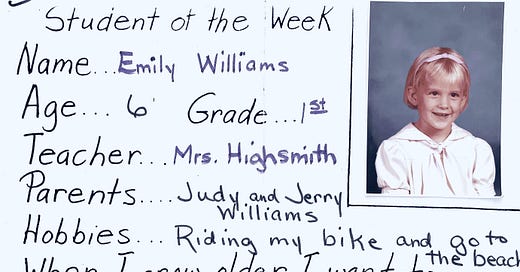



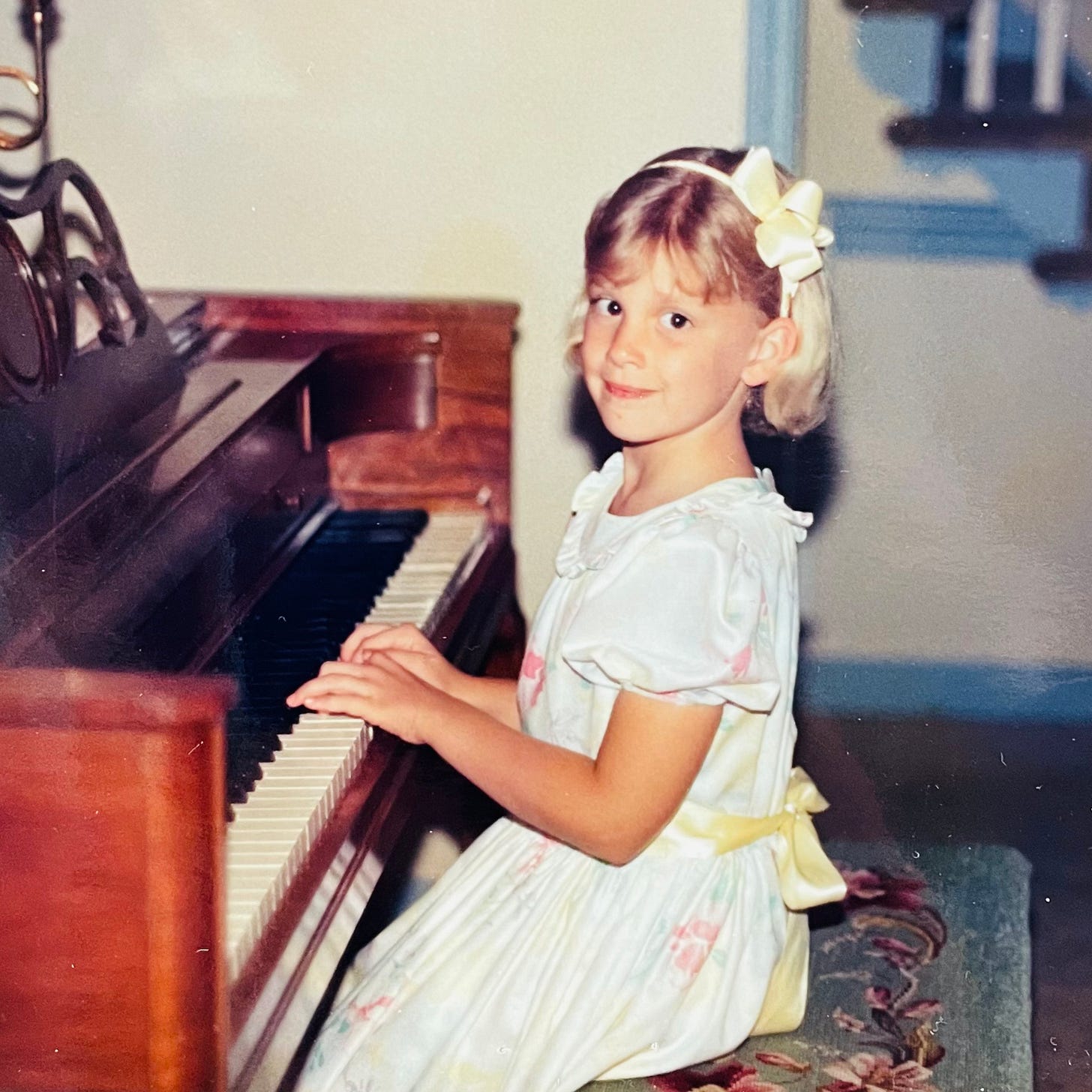
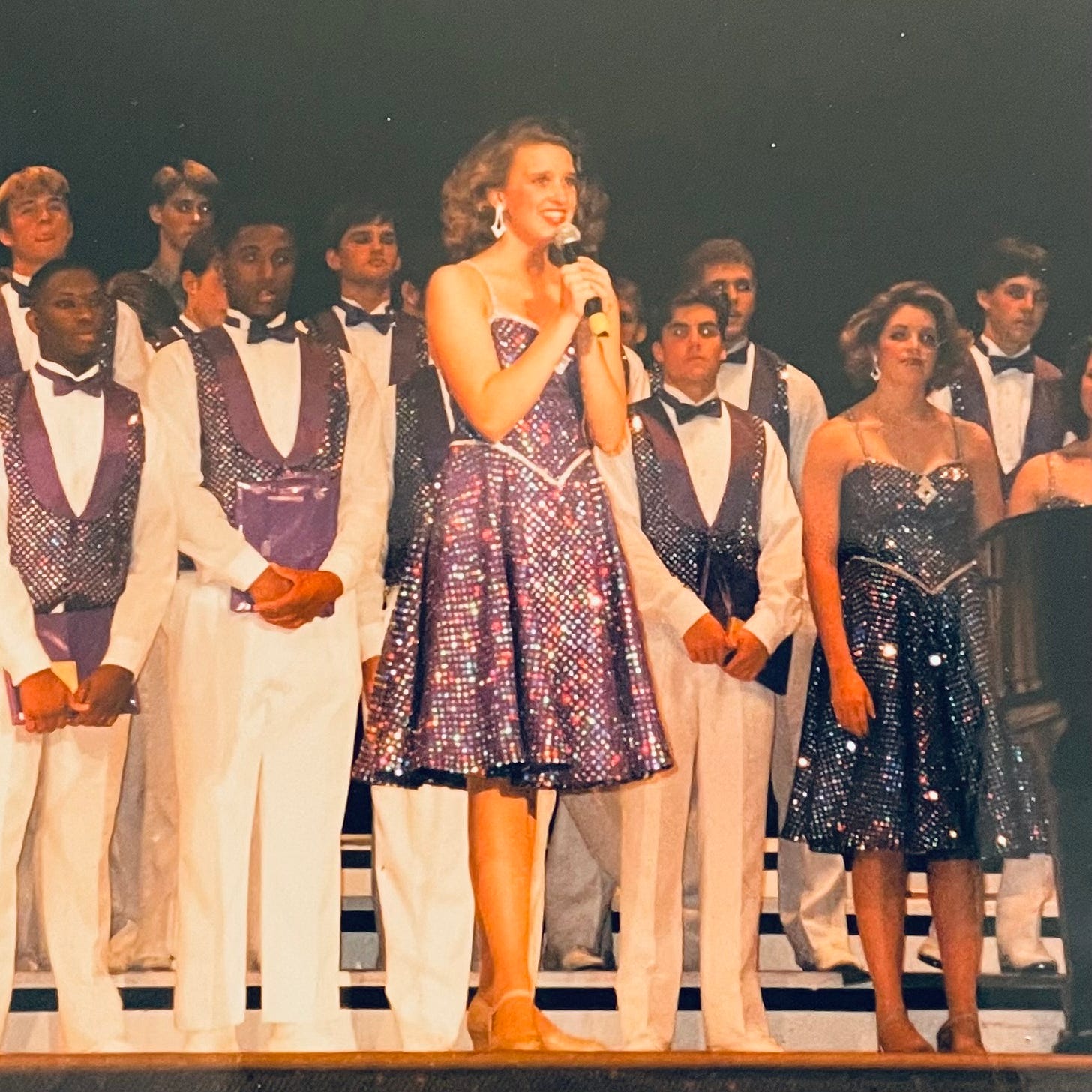
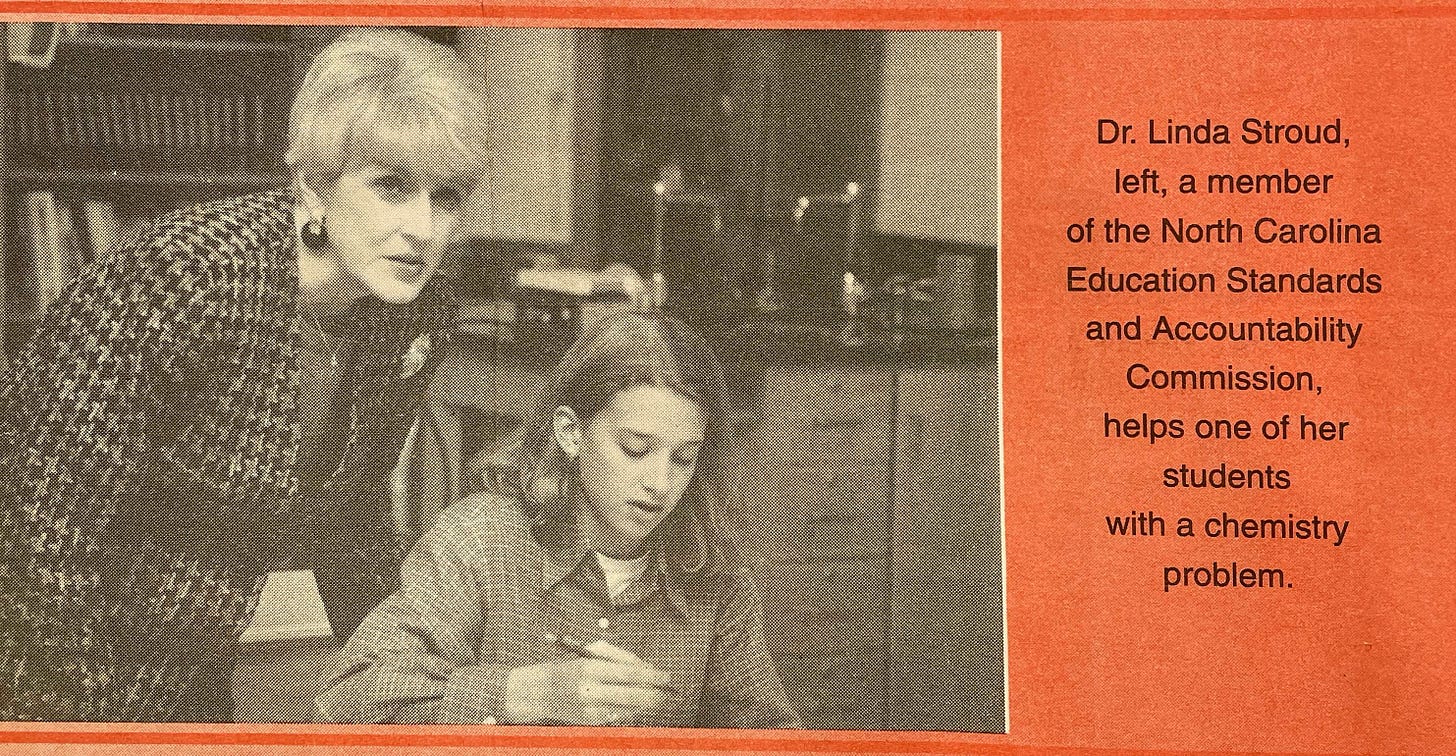
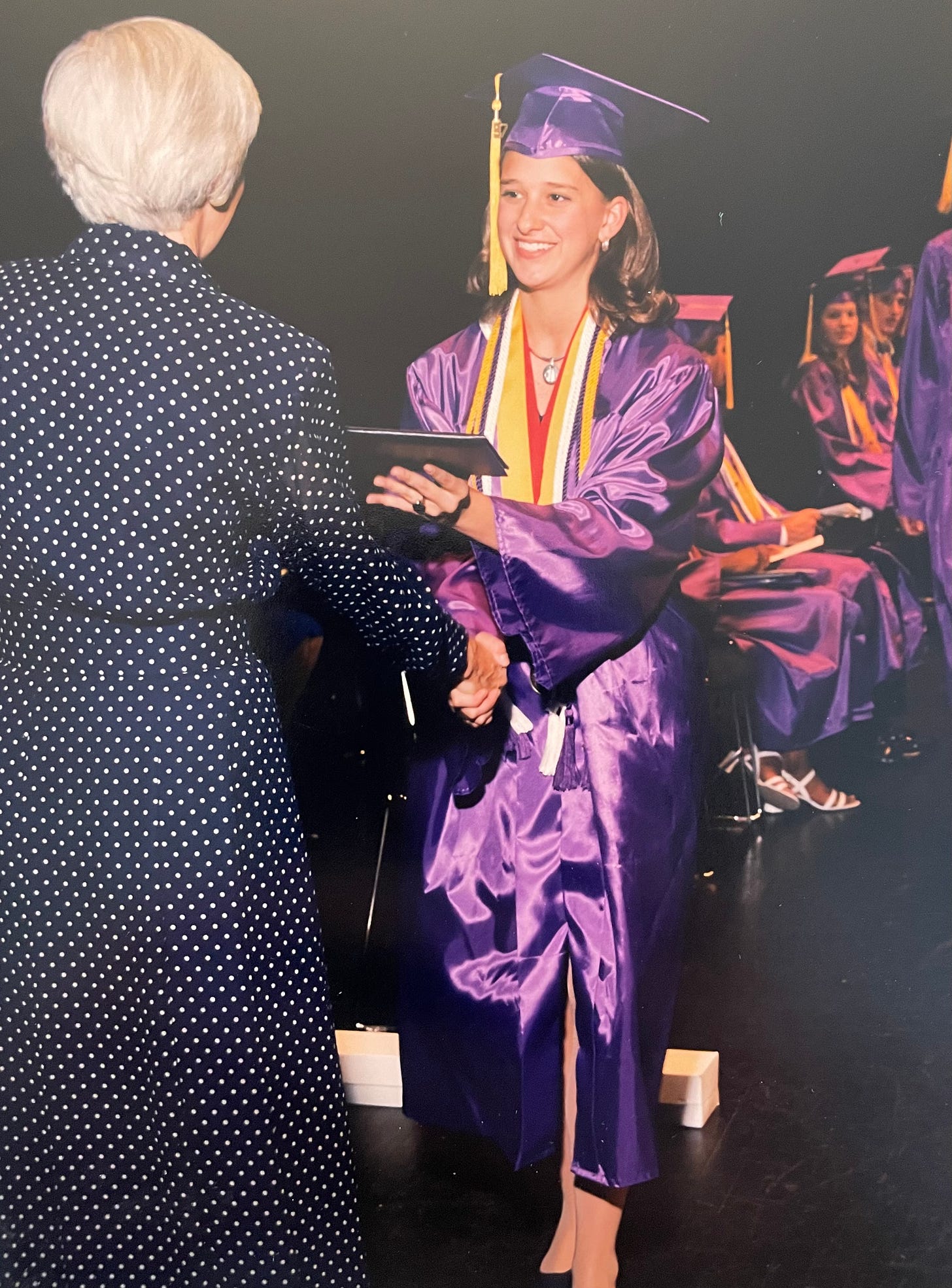

I love this!
I love your honesty and vulnerability. Psychology is fascinating to me too.